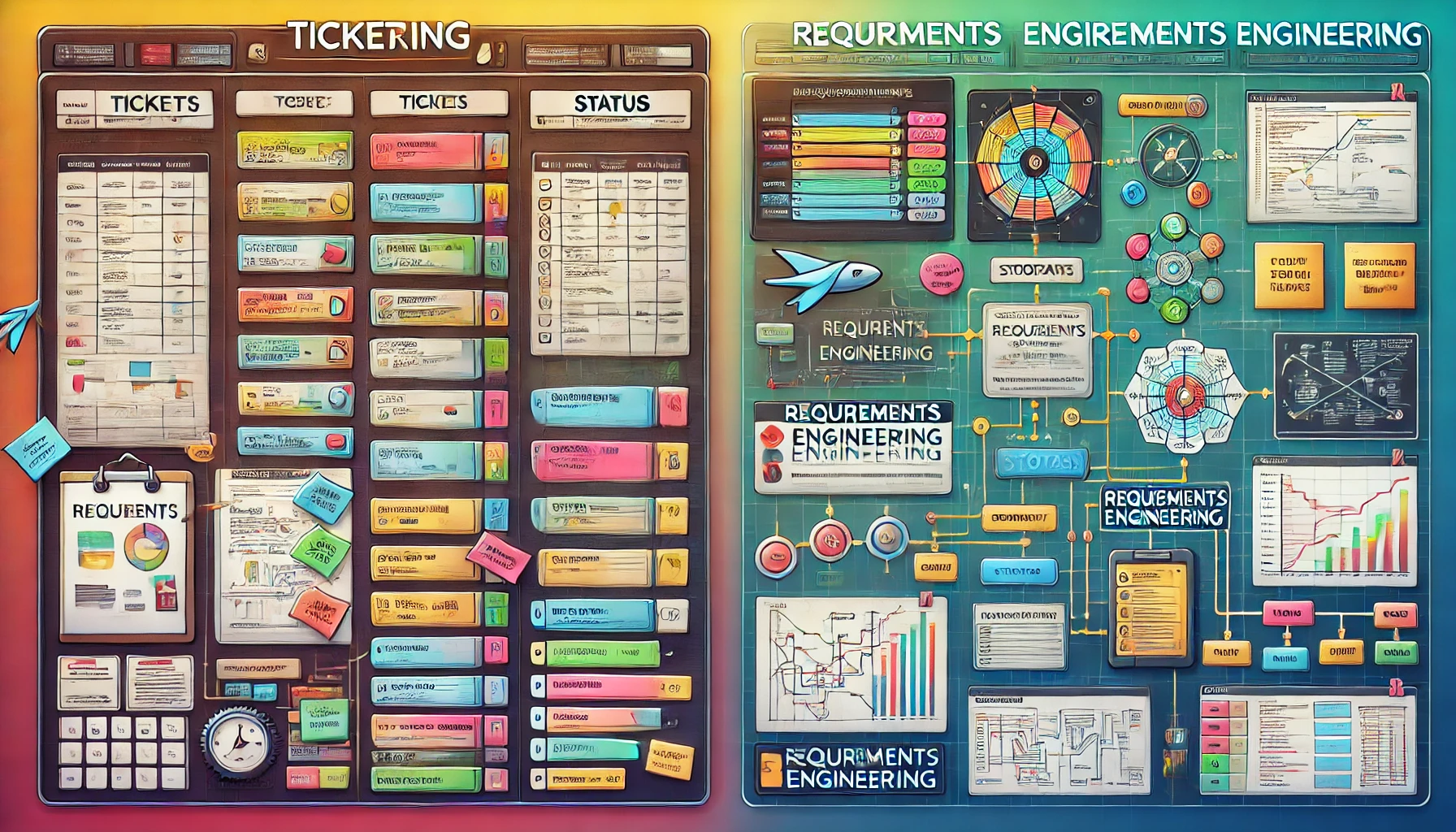You plan to perfom an Tech DD? We are happy to share insighs from our data-driven approach and strong experienced CTOs.
Engineering teams don’t need to wait for a Technology Due Diligence to uncover improvement potential. Many of the same tools and processes TechMiners reviews during a Tech & Product DD can already be implemented internally to strengthen development workflows, reduce technical debt, and enhance software quality long before an audit. In this post, we share a curated 2025 selection of proven DevOps tools and lightweight engineering best practices that boost delivery speed, maintainability, and resilience, helping tech organisations build scalable systems and healthier teams.
Here is a rundown of some accessible and easy-to-use tools or essential processes we like to see during our tech assessments, and the roles they play.
👉 Automation of quality assurance and delivery

Using tools to automatically test and deploy software
Benefits
- Saves time by automating repetitive tasks
- Reduces human error in testing and deployment
- Reduces Technical Debt at Scale
Tools
- GitHub Actions
- TeamCity
- Jenkins
- GitLab CI/CD
👉 Infrastructure-as-Code (IaC)
.webp)
Managing infrastructure using code
Benefits
- Automated documentation, saving time from writing and understanding through standards, allowing for scale
- Versioning of infrastructure changes, allowing easy advancement and rollback if required
Tools
- OpenTofu
- AWS CDK
- Terraform
👉 Monitoring and alerting

Tools to track and notify about system performance
Benefits
- Degradation can be detected before reaching a critical point, preventing outages before your users notice
- Provides real-time insights into system health
Tools
- CloudWatch
- Prometheus
- Grafana
👉 Code quality & style consistency

Tools to maintain code standards
Benefits
- Easier to read code, due to consistent styles, enabling scale, fixes and quality control
- Cleaner history on version control, as "styling" commits are no longer required
- These pre-commit solutions can be extended by a range of other supporting tools
Tools
- Pre-commit
- Husky
👉 Automated dependency and vulnerability management

Tools to manage software dependencies and security, or code "freshness"
Benefits
- Constant monitoring and updating in small increments reduces the risk of high-effort/cost adjustments, when many third party packages produce incompatibilities after being neglected, reducing technical debt
- Tools to support licence monitoring and allow teams to flag potentially dangerous copyleft scenarios, such as AGPL reducing technical debt, commercial exposure, and/or legal issues
Tools
- Trivy
- Dependabot
- Snyk
- Renovate
All these tools are minimally invasive and can offer great value and upside to any start-up without demanding significant attention.
Likewise the implementation of simple processes can also pay dividends in the long run, here are some best practices we like to see in our tech assessments.
👉 Quality assurance and knowledge distribution

Benefits
- Enforced code review processes and pull requests help to distribute knowledge across development teams and improve quality
- Can increase DevX for junior engineers, who can benefit from improving their skills
Tools
- Code Reviews via GitHub, Bitbucket or GitLab
- Documentation systems like Confluence, Notion or README files
- Test automation via Selenium, Cypress or TestLink
👉 Ticketing and requirements engineering

Benefits
- Proper requirements engineering, prevents an overwhelming majority of “bug tickets,” which arise when there lie discrepancies between technical requirements and functionality - the old principle “garbage in, garbage out” (GIGO) can be avoided
- Ensures implementation aligns with requests, and broader road maps.
- Allows the focus to be on the business outcome of a task, alongside acceptance criteria and definition of done to measure the Who, What and Why of the task
Tools
- Jira
- Shortcut
- Trello
- Asana
👉 Data insights everywhere

Benefits
- Better understanding of users, permits more accurate product management. Allowing prioritisation of targeted initiatives, and ditching of obsolete initiatives
- Product metrics & KPIs when implemented early give continued analytics alongside a company's scaling.
Tools
- Microsoft PowerBi
- Apache Superset
- Metabase
- Tableau

















